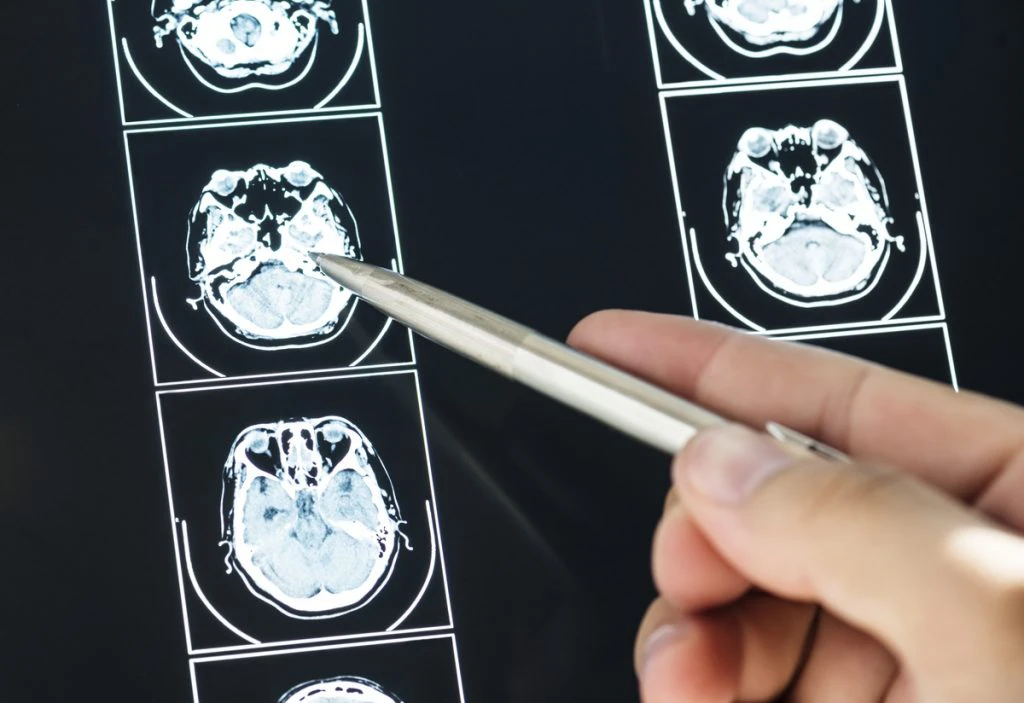
After a brain injury, the challenges can be invisible – hidden beneath the surface and often misunderstood by others. This can make it difficult to get the help and support you need.
In this article, we’ll explore the unseen struggles faced by brain injury victims and how legal guidance can empower them on the path to recovery.
Physical Challenges After a Brain Injury
The physical impact of a brain injury can be wide-ranging. According to PubMed, around 1.5 million people in the United States sustain a traumatic brain injury each year.
Many survivors experience difficulties with motor skills, which are the movements we make with our muscles. This can manifest as weakness on one side of the body, making it harder to walk or grip objects. In some cases, paralysis, or complete loss of movement, can occur.
Balance and coordination can also be affected, making everyday tasks like dressing or climbing stairs challenging. Communication can become another hurdle. Speech difficulties like aphasia, where someone struggles to find words or understand language, can result from a brain injury.
Similarly, dysarthria can make speech slurred or difficult to understand due to problems with muscle control in the face and throat. Brain injuries can also impact our senses, with some experiencing vision or hearing loss. These physical challenges can be incredibly frustrating, but significant improvement is often possible with rehabilitation and support.
Cognitive Challenges After a Brain Injury
After a brain injury, fog can settle in, affecting how you think and process information. Memory can be significantly impacted, making it difficult to remember recent events or learn new things.
Imagine forgetting where you placed your keys or struggling to recall a conversation you just had. Focusing and concentration can also become a battle. Distractions become overwhelming, and staying on task can feel like climbing a mountain.
This decline in cognitive function can extend to problem-solving. The ability to analyze situations, weigh options, and make sound decisions can be impaired. Learning new information becomes a slower process, and frustration can set in. Similarly, the speed at which we process information can be affected, making it difficult to keep up with conversations or follow complex instructions.
Organizational skills can also suffer, making it challenging to plan, prioritize, and keep track of belongings. These cognitive challenges can significantly impact a person’s daily life, but with targeted therapy and support, strategies can be developed to manage them effectively.
Emotional and Social Challenges After a Brain Injury
The emotional toll of a brain injury can be profound. Studies show a significant increase in depression and anxiety following a brain injury, affecting up to one-third of survivors. Personality changes can also occur, with some individuals experiencing increased irritability, frustration, or social withdrawal.
These emotional and behavioral shifts can strain relationships with loved ones. Communication difficulties further complicate social interactions, making connecting and expressing oneself clearly difficult. The resulting social isolation can be deeply isolating and underscores the importance of building a strong support network after a brain injury.
Daily Life After a Brain Injury
The most frustrating aspect of a brain injury can be its impact on daily life. Simple tasks like dressing, showering, or preparing meals can become overwhelming due to physical or cognitive limitations.
Managing finances can also become a challenge, requiring assistance with budgeting and paying bills. Returning to work or school can be a significant hurdle, and adaptations to the environment or workload may be necessary.
These everyday struggles highlight the importance of support systems and rehabilitation in helping brain injury survivors regain as much independence as possible.
The Road to Recovery
The road to recovery after a brain injury is a marathon, not a sprint. Rehabilitation plays a vital role in this journey. Physical therapy helps rebuild strength, coordination, and balance. Occupational therapy focuses on regaining skills for daily living, while speech therapy tackles communication challenges.
These specialized therapies can significantly improve a person’s function and independence. With dedication and perseverance, many brain injury survivors experience remarkable progress, regaining control over their lives and achieving a new sense of normalcy.
Support Systems After a Brain Injury
No one should face the challenges of a brain injury alone. Family, friends, and support groups offer invaluable emotional support and a sense of community. Legal guidance can also be crucial in navigating the complexities of the legal system and ensuring fair compensation for medical bills and lost wages.
Resources like the Brain Injury Association of America and Shepherd Center offer support and information for brain injury survivors and their loved ones.
Comments
comments